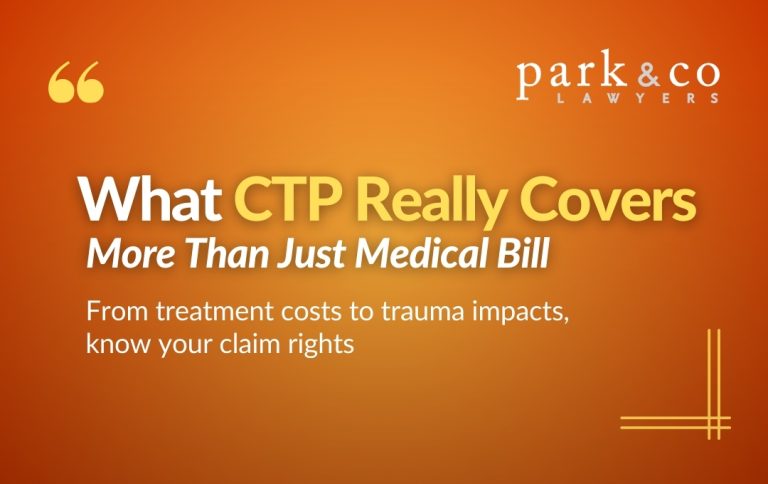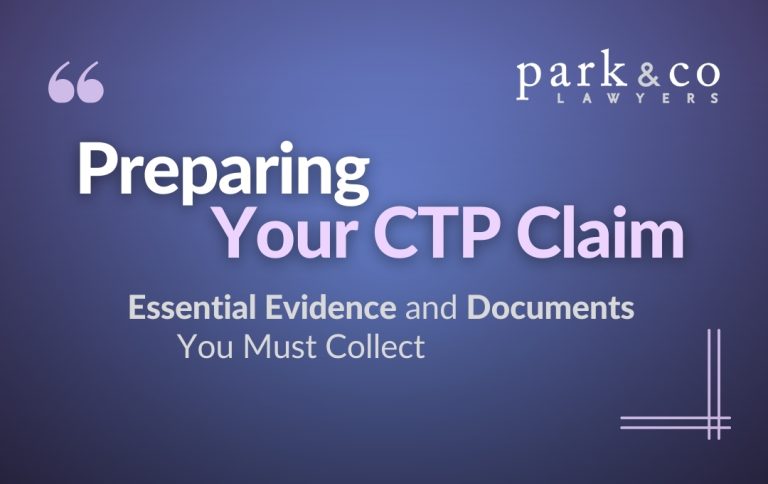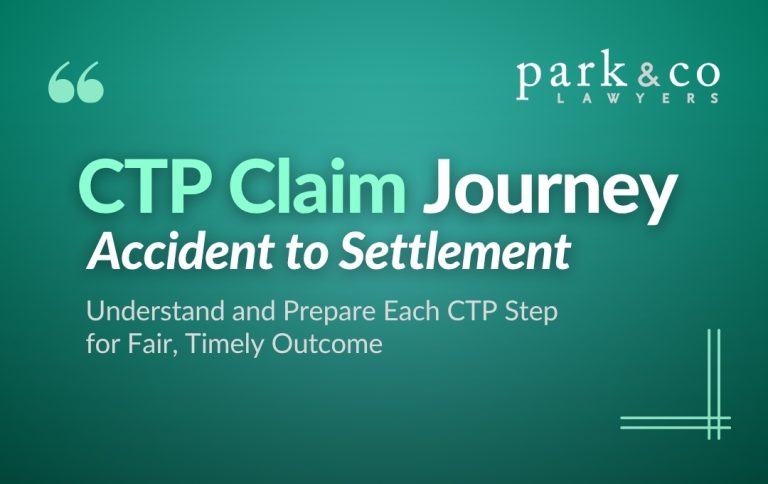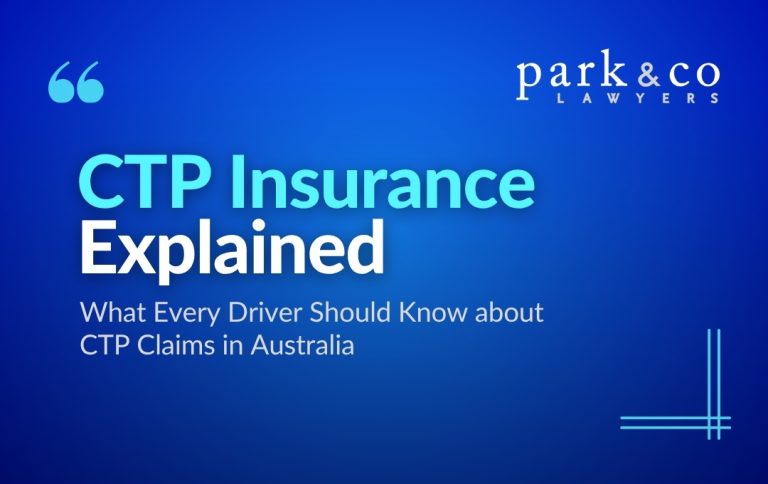Workers' compensation scheme exists to help you recover from an injury or illness due to your employment. This article explains the types of injury that can be covered by Workers' compensation, and how to lodge a claim for rightful compensation.
Workers’ compensation is a type of insurance that can pay the wages and medical costs of employees who have been injured due to their employment. In Queensland, WorkCover Queensland is the exclusive provider of accident insurance for work-related injuries, with the exception of self-insurers. Workers compensation scheme exists to help you recover from an injury or illness.
What Are the Work-Related Injuries?
Work-related injuries can include physical injuries, psychological disorders, diseases, or even death. They can happen while you’re at work, travelling to or from your job, on a scheduled break or as a direct result of doing your job.
Do I Need a Permission from the Employer?
No. Please be advised that injured workers do not need a permission from the employer when lodging the claim. When a workplace injury or illness happens, employers must:
- provide first aid straight away.
- make sure the injured person gets the right care, including emergency transportation if necessary.
- tell injured worker to let their health care provider know they were injured at work.
- record the details of the injury or illness.
- let WorkCover Qld know about the injury or illness within eight (8) business days.
- call Workplace Health and Safety Qld straight away on 1300 362 128 if there is a dangerous incident, or if the injury or illness is serious or results in death.
How to Lodge a Claim?
If you have been injured at work or because of work, you should:
- see your doctor and get a workers’ compensation medical certificate.
- tell your employer about your injury and give them with a copy of your medical certificate.
- lodge your claim with WorkCover Queensland.
- keep copies of all documents relating to your injury and claim.
2 Types of Claims
There are two types of claims to make for your work-related injuries:
1. statutory (no-fault) claims
2. common law claims (where the employee seeks common law action through the courts against their employer).
In Queensland, all claims first need to be lodged as a statutory (no-fault) claim.
1. Statutory claims
For statutory claims, compensation is paid regardless of who was at fault for causing the injury. Payments and benefits (known as statutory compensation) received for these claims may include:
- weekly payments as income replacement
- lump sums to compensate for permanent impairment
- hospital and medical expenses.
2. Common law claims
Common law claims involve an injured worker suing their employer for negligence. Generally, a common law claim can only proceed after a statutory claim has been lodged, and then accepted by WorkCover Queensland or the relevant self-insurer. A common law claim may only proceed when WorkCover Queensland or the self-insurer issues a notice of assessment of injury.
The courts may award payments (known as common law damages) for:
- economic loss
- pain and suffering
- legal costs
- medical and hospital costs.
For More Information
Visit the websites of workers compensation regulator in your state or territory:
- Queensland: WorkCover Queensland
- New South Wales: State Insurance Regulatory Authority (NSW)
- Victoria: WorkSafe Victoria
- South Australia: ReturnToWork SA
- Tasmania: WorkCover Tasmania
- Western Australia: WorkCover WA
- Australian Capital Territory: WorkSafe ACT
- Northern Territory: NT WorkSafe
Written by Lynn Kim
If you have any enquiries, contact Lynn at [email protected].

[ Park & Co Lawyers – Disclaimer ]
Please note that the above is to be taken as a general guide only, and does not constitute legal advice in any respect. It does not reflect any changes in the relevant law or authorities since the date of publication.
Contact Us Today
We are experienced in the different areas of personal injury claims. We work on a no-win-no-fee basis which means that if you don’t win, you don’t have to pay our legal fees. Contact us today for a free, no-obligation initial consultation. We will discuss your case and make sure you know about your legal rights.
Contact us: 07 3345 6665 / [email protected]







